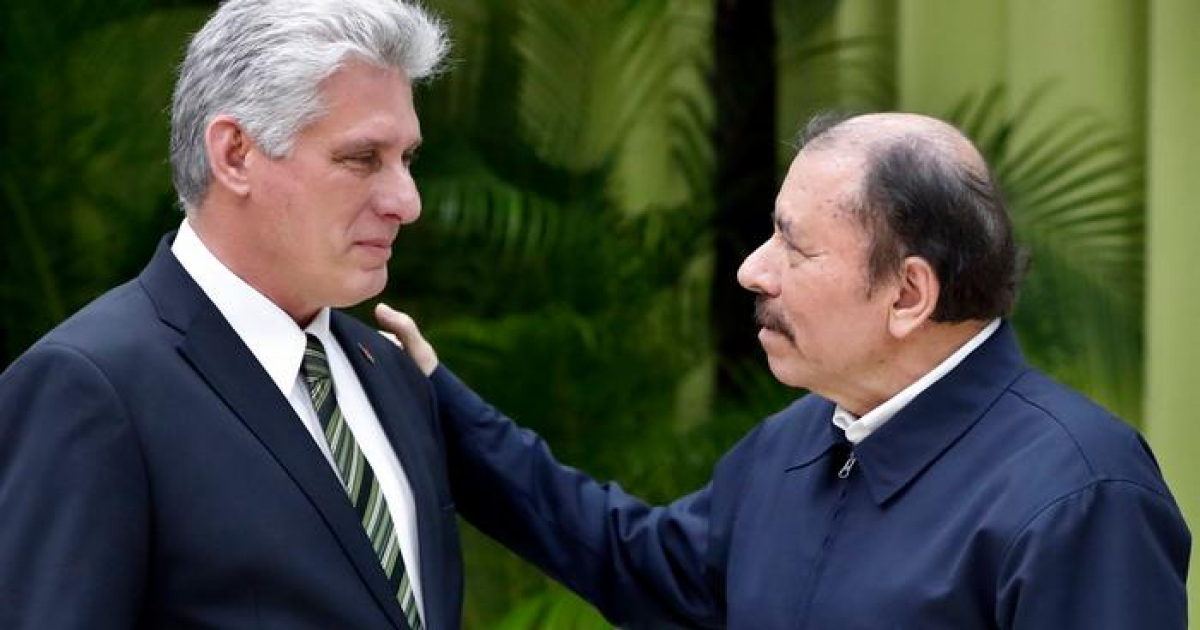Nicaragua has emerged as a crucial transit point for irregular migration to the United States, enabling thousands to bypass the perilous Darien Gap. Under President Daniel Ortega, the country has waived visa requirements for several nationalities, allowing migrants from across the globe to fly into Managua and continue their journey north. This has turned into a profitable venture for the Sandinista regime, according to a BBC article titled "The Million-Dollar Business of Nicaragua as a Gateway for Irregular Migrants to the U.S."
This policy has prompted shifts in various regional countries, including Cuba. After the anti-government protests on July 11, 2021, Ortega gave a boost to Havana, an old ally, by eliminating visa requirements for Cubans to alleviate internal pressures. Since then, the island has experienced its worst migratory exodus, with over half a million people leaving the country.
The BBC article notes that in the past two years, over 5 million migrants have crossed the U.S. southern border irregularly, many using Nicaragua as an entry point. The Nicaraguan government profits from airport taxes, visa fees, and other services. In 2023, about 1,200 private flights were recorded, transporting migrants from distant countries like India and Kazakhstan, as well as neighboring nations like Cuba and Haiti.
According to Nicaraguan media outlet Confidencial, between January and October 2023, the government earned approximately $65.9 million from migrant fees or fines, with an additional $8.4 million expected in the first three months of 2024. However, the actual benefits for the Nicaraguan government are believed to be much higher. A one-way flight from Cuba to Nicaragua has cost around $3,000 in the past two years, and each migrant typically pays between $10,000 and $15,000 for the complete route from their origin to the U.S.-Mexico border. The BBC report suggests that a portion of these payments, funneled through intermediaries or agencies, ends up with Ortega's government and his close associates.
Analysts point out that Ortega's regime uses this situation not only to generate revenue but also as a political tool to pressure the United States. Arturo McFields, an exiled journalist and former Nicaraguan ambassador to the OAS, emphasizes that Ortega has promoted these flights and established embassies in several migrant-sending countries to better coordinate this activity.
Nicaragua benefits politically by managing this migration valve, using the migrant flow as leverage in future bilateral negotiations with Washington. "It's important to remember that the regimes in Cuba, Nicaragua, and Venezuela have used the migration issue to pressure the United States and gain some form of benefit," McFields states.
This strategy poses a significant challenge for the Biden administration, which views this practice as a security threat. The influx of undocumented migrants strains U.S. resources and increases the risk of entry by individuals with criminal or terrorist intentions.
Despite U.S. concerns, Ortega's government has chosen not to cooperate in reducing irregular migration, maintaining complete silence on the matter. Meanwhile, the lucrative business of facilitating irregular migration continues to thrive in Nicaragua.
Understanding Nicaragua's Role in the Migration Crisis
This section provides answers to common questions regarding Nicaragua's involvement in the ongoing migration crisis affecting the U.S. border.
Why has Nicaragua become a key transit point for migrants?
Nicaragua has waived visa requirements for several nationalities, allowing migrants to enter the country easily and continue their journey to the United States.
How does the Nicaraguan government profit from this migration?
The government earns revenue from airport taxes, visa fees, and other services related to the influx of migrants. Additionally, a portion of the payments made by migrants for their journey reportedly ends up with the government and its associates.
What are the political implications of this migration strategy for Nicaragua?
Nicaragua uses the migration flow as leverage in negotiations with the United States, employing it as a political tool to exert pressure and potentially gain benefits.
What challenges does this pose for the U.S.?
The influx of undocumented migrants strains U.S. resources and increases the risk of individuals with criminal or terrorist intentions entering the country.
